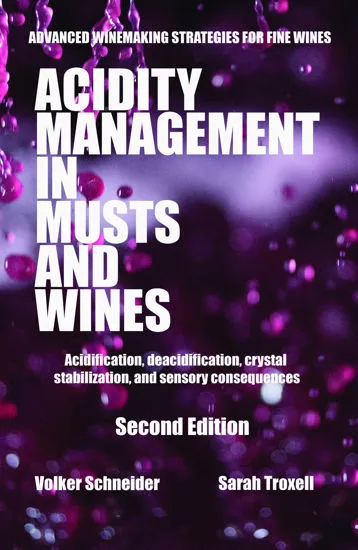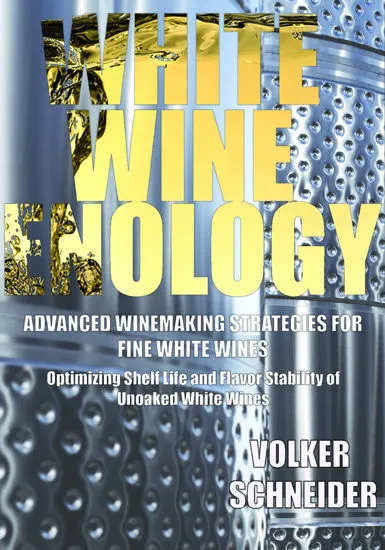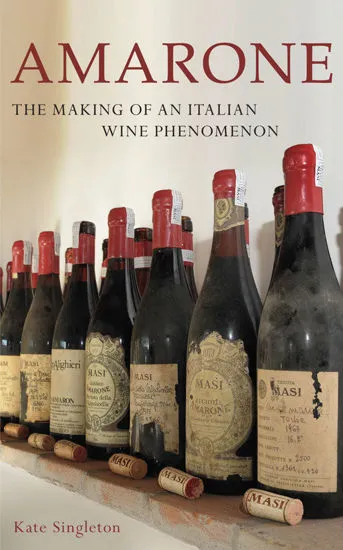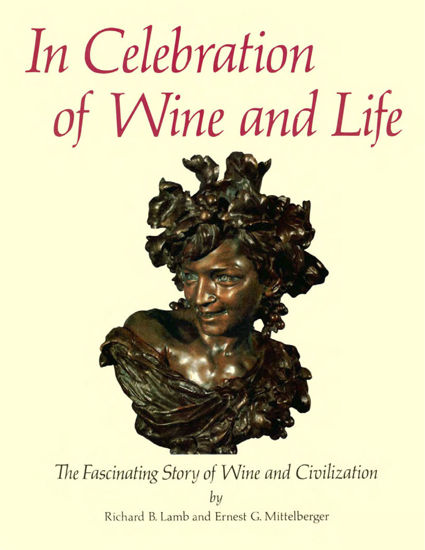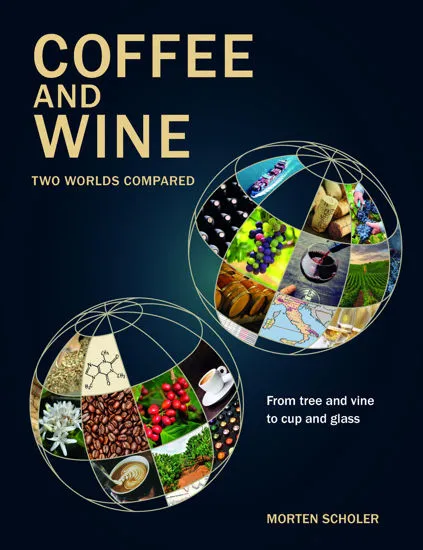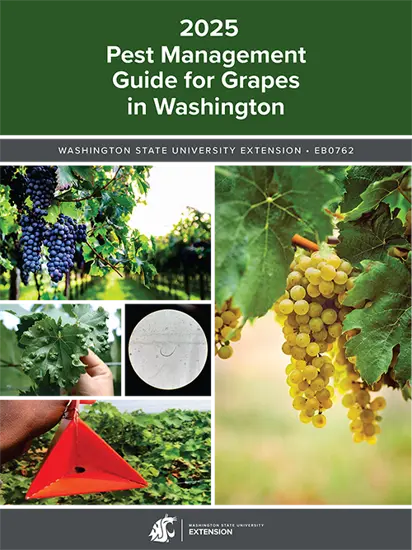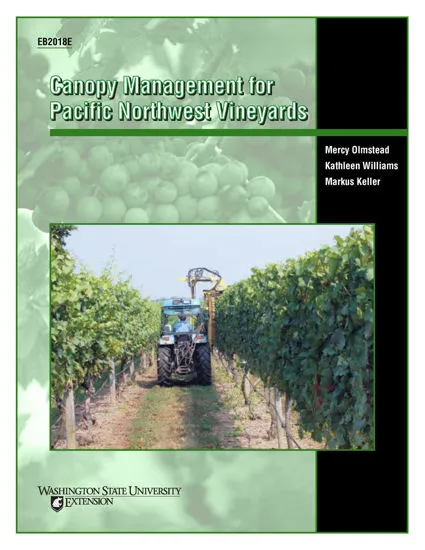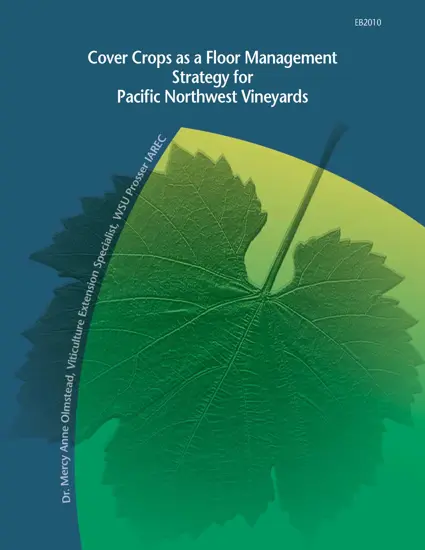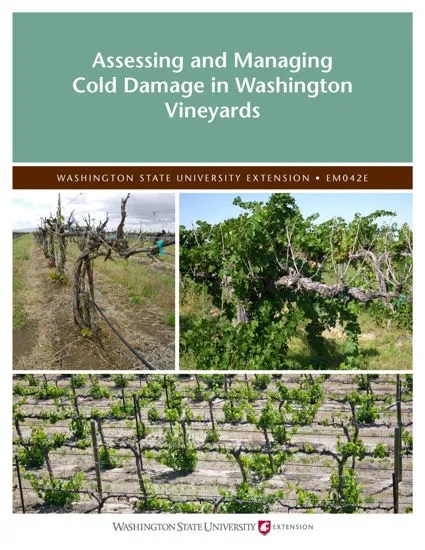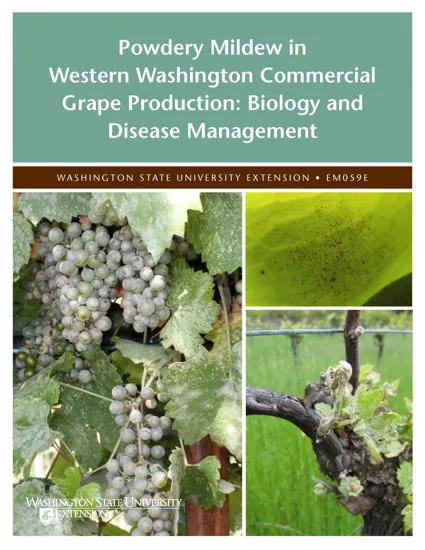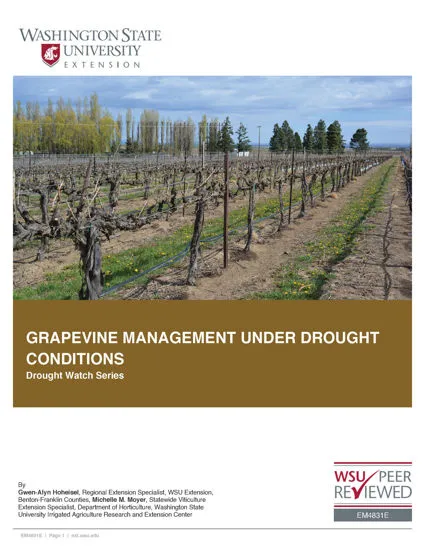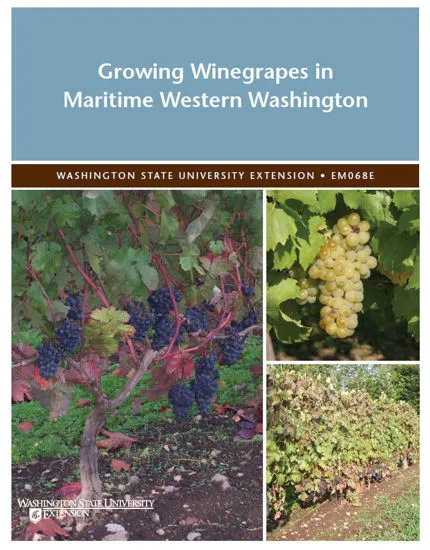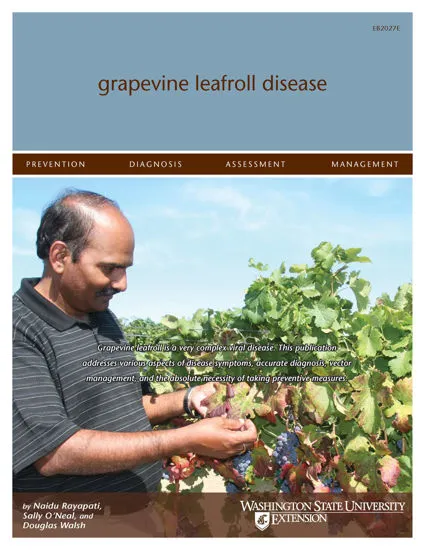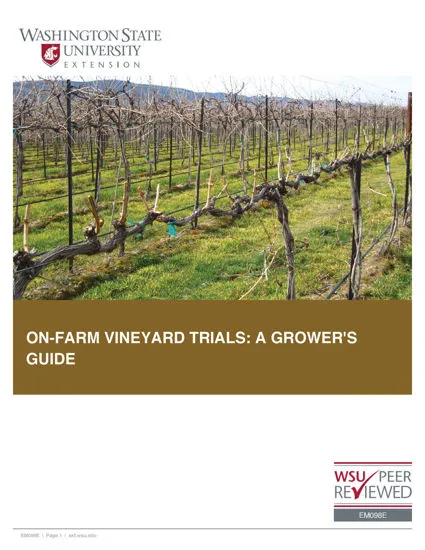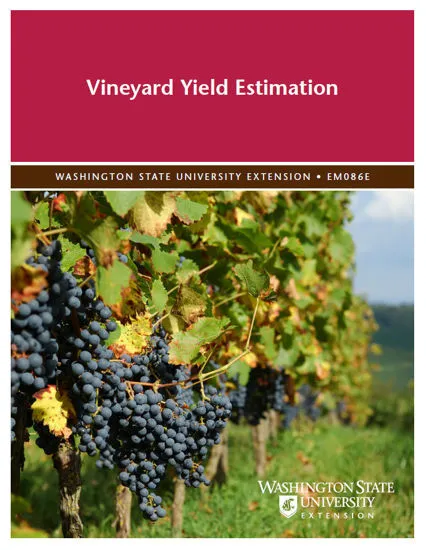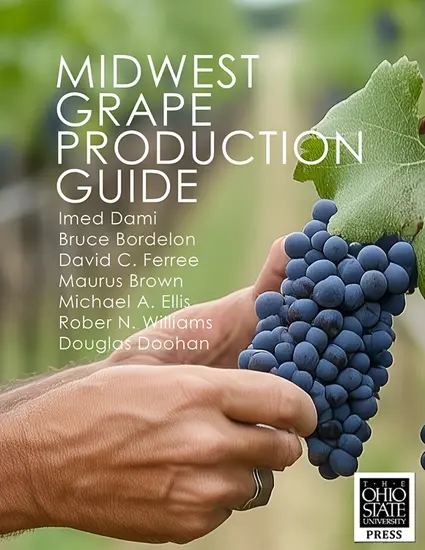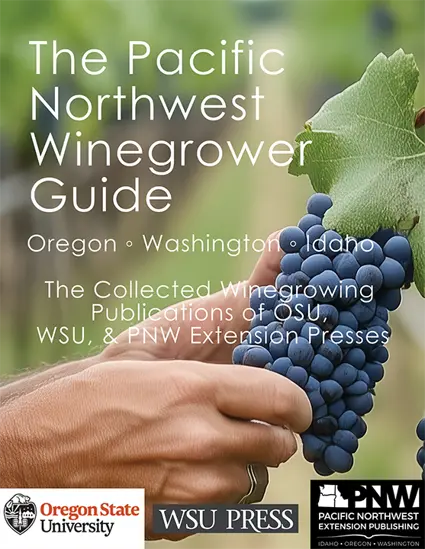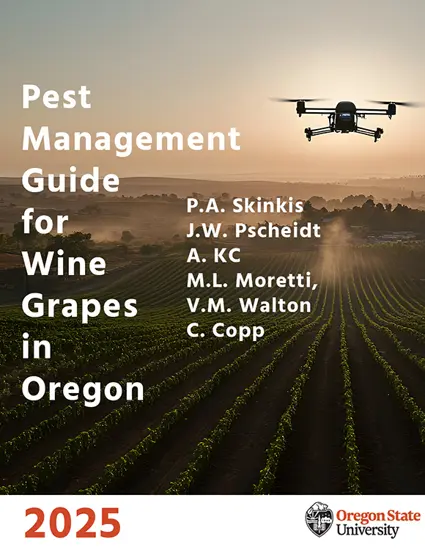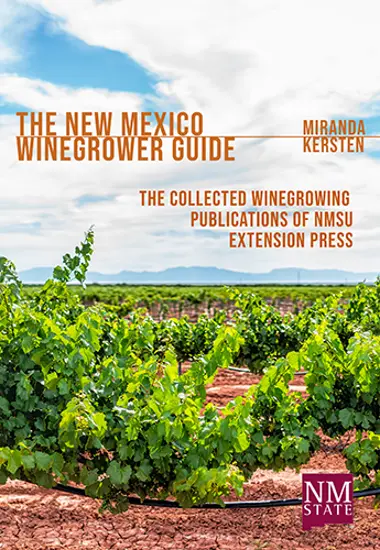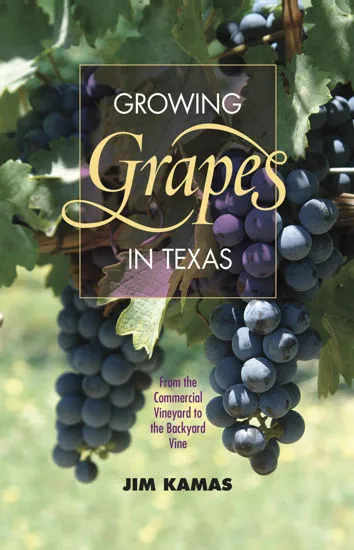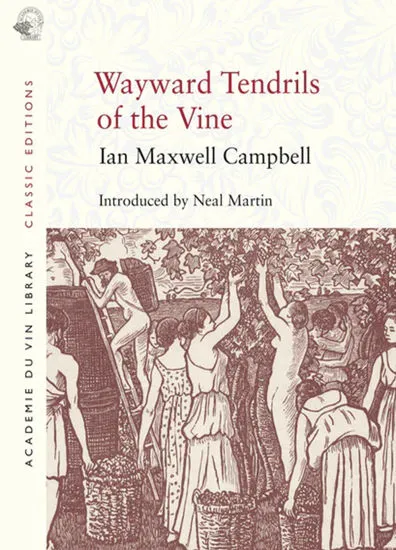Description
×The English-language version of Stefano Castriota’s extraordinary book on the economics of wine. Combining insights from economics with carefully selected and relevant sets of data, this volume is essential reading for anyone interested in the economic aspects of the consumption, production, or distribution of wine. Castriota has provided the reader with a look at the general nature of the subject of wine economics but with an eye to its applicability in matters of public policy. He sets the stage for this discussion with a broad description of the evolution of wine consumption and production worldwide. Many readers will be surprised to learn that the consumption of wine, beer, and spirits has tended to converge across countries over time so that total per capita alcohol consumption has also tended to converge. Much of this book is devoted to the role that government plays, whether for better or for worse, in the market for wine. There are several different aspects of wine that lead to a natural interest in government regulation. One important issue is the abuse of alcohol and what role the state should play to ameliorate such problems. Castriota provides a careful review of the health economics literature so as to inform a sensible public policy approach. Another important research area that Castriota has himself made important contributions is the role of wine region appellations, typically designated by government regulation, in creating value for both consumers and producers. Finally, Castriota does not shy away from the discussion of the role that governments have played in impeding the smooth adjustment of wine prices in response to changes in demand and supply.
Author Bio
×"Payemnt Success! Prepping Media..."

"Payment failed! please try again..."









